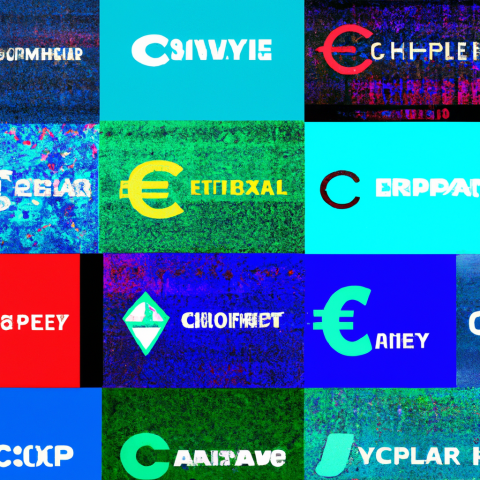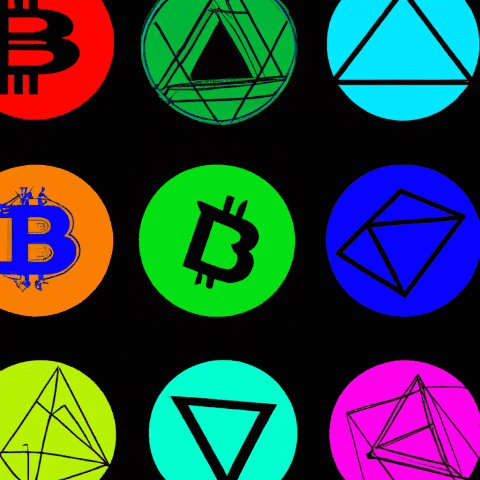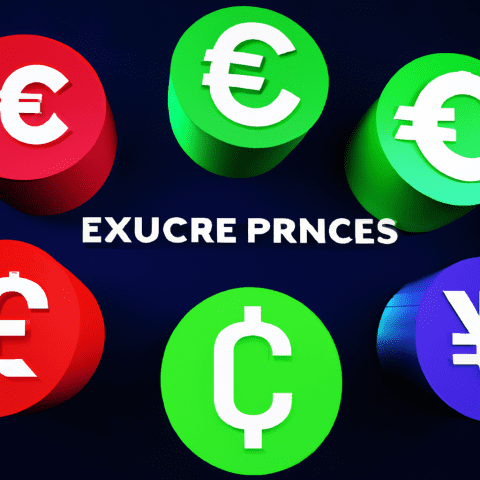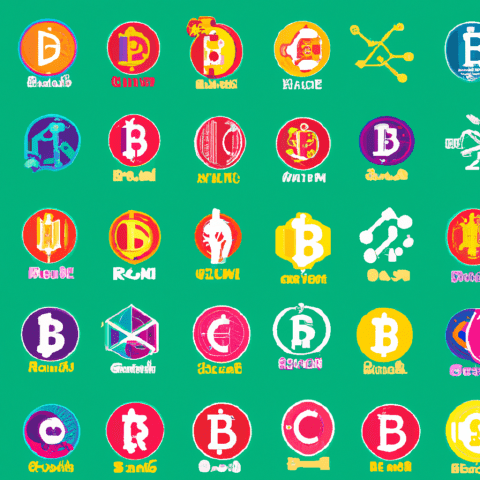In the fast-paced world of cryptocurrency trading, navigating the vast landscape of crypto exchanges can be a daunting task. With options ranging from centralized exchanges to decentralized exchanges, understanding the differences between the two is crucial for successful trading. In this article, we will explore the ins and outs of crypto exchanges, including decentralized exchanges (DEXs) and the growing popularity of crypto swaps. From maximizing liquidity to exploring the benefits of using decentralized exchanges for buying and selling crypto, we will provide you with the knowledge and strategies you need to thrive in the world of digital assets. Additionally, we will take a closer look at the rise of Solana DEXs and the increasing popularity of Solana swaps. Whether you are a seasoned trader or just starting out, this article will guide you through the complexities of the crypto exchange landscape.
1. "Navigating the World of Crypto Exchanges: Understanding the Differences Between Centralized and Decentralized Exchanges"
Navigating the world of crypto exchanges can be a daunting task, especially for newcomers to the world of cryptocurrency. One of the key distinctions to understand when choosing a crypto exchange is the difference between centralized exchanges (CEX) and decentralized exchanges (DEX).
Centralized exchanges, such as Binance or Coinbase, are traditional platforms that act as intermediaries between buyers and sellers. These exchanges hold custody of users' funds and facilitate trading through their centralized order books. While CEXs offer high liquidity and user-friendly interfaces, they also come with risks such as hacking and potential regulatory scrutiny.
On the other hand, decentralized exchanges (DEXs) operate on blockchain technology and allow users to trade directly with each other without the need for a central authority. DEXs like Uniswap or SushiSwap enable users to maintain control of their funds and trade peer-to-peer in a trustless environment. While DEXs may have lower liquidity compared to CEXs, they offer greater privacy, security, and censorship resistance.
When choosing between a centralized or decentralized exchange, it is important to consider factors such as security, liquidity, user experience, and the level of control you want over your funds. Some of the top DEXs in the market include Uniswap, SushiSwap, and PancakeSwap, which offer a wide range of cryptocurrency pairs and competitive fees.
Whether you are looking to buy, sell, or swap cryptocurrencies like Bitcoin, Ethereum, or Solana, understanding the differences between centralized and decentralized exchanges is crucial in navigating the world of crypto exchanges and finding the platform that best suits your needs.














